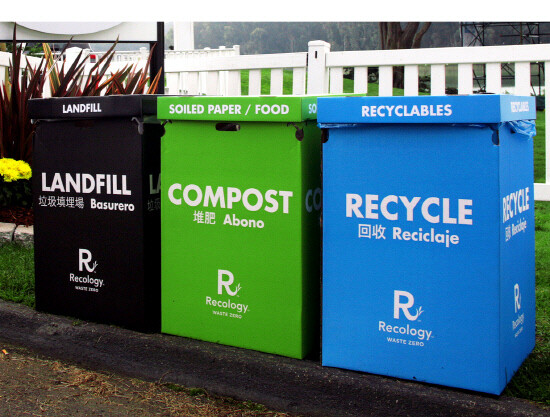
Confusion and distrust among citizens are deepening day by day due to the government's inconsistent waste separation policy. Under the pretext of reducing fine dust and improving the recycling rate, the government has frequently changed its policy on separating waste such as plastics and vinyl. However, in the process of these policy changes, citizens' opinions were not properly collected, and clear standards and information were also insufficient.
As a result, citizens have doubts about the criteria for separating waste and the actual effects of the changed policy. Distrust in the government's inconsistent policy implementation is deepening.
Citizens are the ones who suffer the most from the inconsistent policies. They experience confusion every time the waste separation standard is changed, and in some cases, they are fined for incorrect separation. In addition, due to the government's insufficient information provision, citizens have to endure the inconvenience of finding their own way to separate waste.
As this situation continues, citizens' fatigue and dissatisfaction are growing day by day. Some citizens are expressing dissatisfaction, saying, "I doubt whether the government has the will to solve the waste problem," and "Is it making citizens the subject of experiments?"
Solving the waste problem is impossible by simply changing the waste separation policy. In order to find a fundamental solution, the following tasks must be solved.
Expanding citizen participation: Actively reflect citizens' opinions in the policy decision-making process and seek solutions to problems with citizens.
Presenting clear standards: Clearly present waste separation standards and provide sufficient information so that citizens can easily understand them.
Improving the recycling system: Improvements in the system to increase the recycling rate and expansion of investment are needed.
Reducing waste generation: Along with efforts to reduce waste generation, an eco-friendly consumption culture must be created.
The waste problem is everyone's responsibility. The government must listen to the voices of citizens, and citizens must actively participate in policies. When the government and citizens work together, they will be able to successfully carry out the task of solving the waste problem.
[Copyright (c) Global Economic Times. All Rights Reserved.]



























